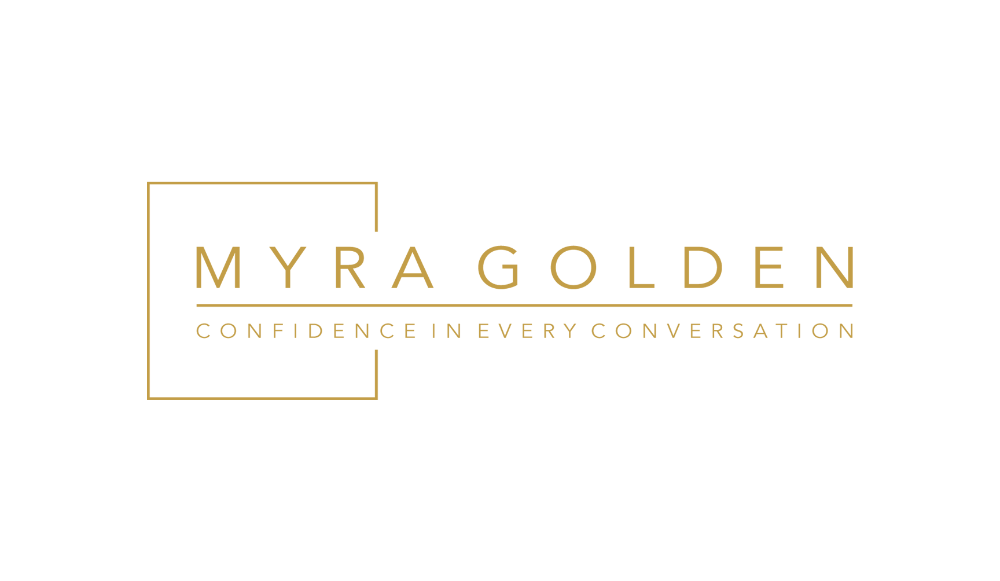Stop Being a Doormat: 4 Phrases to Eliminate Pushback from Demanding Customers

Have you ever felt like you're fighting an uphill battle with customers who just won't take "no" for an answer? You're not alone. As customer service professionals, we often find ourselves in situations where our words can either diffuse tension or inadvertently escalate it. The good news? With a few tweaks to your communication style, you can dramatically improve your ability to get customers to accept your word as final.
Let's dive into four common mistakes that might be undermining your authority and explore how to turn them around.
1. The "I Don't Think I Can" Trap
We've all been there. A customer asks for something, and our first instinct is to say, "I don't think I can do that." While honest, this phrase screams uncertainty and invites pushback.
The Problem: It sounds passive and wishy-washy, potentially encouraging customers to treat you like a doormat or seek someone who "can" help them.
The Solution: Be direct and assertive. Instead of "I don't think I can," try:
"We're unable to [specific action] until [specific condition is met]."
This phrasing leaves no room for doubt and clearly outlines the situation.
2. The "We Don't Usually" Slippery Slope
When we're about to make an exception, it's tempting to preface it with "We don't usually do this, but..." While it might seem like you're doing the customer a favor, you're actually setting a dangerous precedent.
The Problem: Today's exception can quickly become tomorrow's expectation. Once word gets out, you might find yourself dealing with a flood of similar requests.
The Solution: Frame exceptions carefully:
"As an act of goodwill, because you've been a loyal customer for [X] years, we can make a one-time [specific action]."
This approach acknowledges the customer's value while clearly stating the uniqueness of the situation.
3. The "Only a Supervisor Can" Escalation Trigger
When faced with a request beyond our authority, it's easy to fall back on "Only a supervisor can authorize that." But this seemingly innocent phrase can backfire spectacularly.
The Problem: You're essentially inviting the customer to ask for a supervisor, escalating the situation unnecessarily.
The Solution: Focus on what you can do:
"What I can do is [offer alternative solution]. This allows us to [benefit to customer] without needing to involve anyone else."
By redirecting the conversation to actionable solutions within your power, you maintain control and demonstrate your capability to handle the situation.
4. The "Most I'm Allowed" Ceiling
Stating the upper limit of your authority might seem transparent, but it can actually work against you.
The Problem: Phrases like "The most I'm allowed to authorize is $150" immediately make customers wonder who can authorize more.
The Solution: Be firm and final in your offer:
"We can offer [specific solution], and that's the best we can do in this situation."
This approach leaves no room for negotiation while still providing a concrete solution.
Putting It All Together: The Power of Assertive Communication
Remember, the goal isn't to be confrontational or rigid. It's about communicating with clarity and confidence. Here's a quick recap of the principles we've covered:
- Be direct and clear about what you can and cannot do.
- Frame exceptions as unique, one-time offerings.
- Focus on solutions within your power rather than limitations.
- Present offers as final and comprehensive.
Check out these resources for more help gaining confidence to handle challenging customers.
Building Confidence to De-escalate (Even if you're a conflict-avoider like me)

Read the article and watch the video!
De-escalation Academy: Your employees will receive training in accelerated de-escalation techniques, enabling them to achieve remarkable turnarounds in the most challenging customer interactions, even when they are unable to fulfill customer requests.
Learn more or enroll your team in De-escalation Academy!
20 Ways to Say "No" to a Customer Without Saying the Word "No"

You already know customers hate to hear the word 'no." Here are 20 alternative ways to say no to a customer without using the word 'no.' These options are assertive, confident, and professional. Get the phrases now!
De-escalation Academy
The step-by-step, psychology-backed system that helps your team handle any tough customer interaction with calm, control, and confidence—on the phone, in person, or in chat.
Join Myra’s Inner Circle: Insights, Strategies, and Resources for Leaders Who Demand the Best.
Be the first to receive exclusive strategies, curated resources, and behind-the-scenes insights from Myra Golden—crafted for leaders who value excellence.
Your information will remain private and protected—always.


